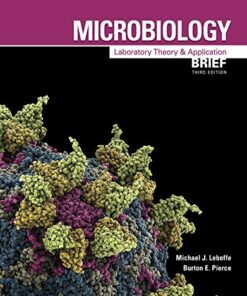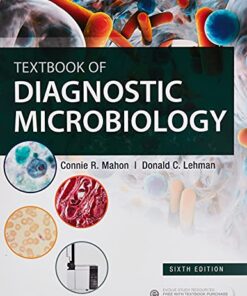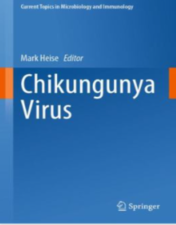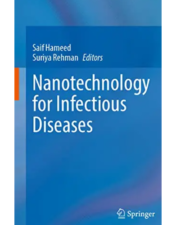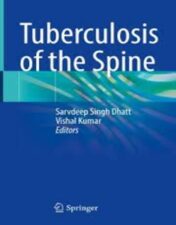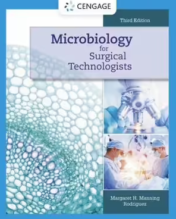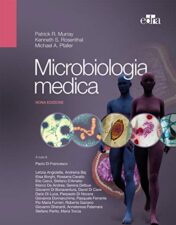Technologies for Fingermark Age Estimations: A Step Forward 2021 Original pdf
$14
Technologies for Fingermark Age Estimations: A Step Forward 2021 Original pdf
This book discusses new applications of technologies that have been or could be successfully employed to estimate the age of fingermarks. Determining the specific time a fingermark is deposited could become a powerful new development in forensic science and a useful application to law enforcement. This book aims to shed some light on this important and still controversial area of scientific research.
The expert chapters review recent discoveries and current developments with a practical bent, focusing on prospective uses in real-world crime scenes. They take a multidisciplinary approach, featuring contributors with diverse specialties including Chemistry, Imaging Technologies, Forensic Science, Biology and Microbiology. The balanced presentation incorporates critiques on fingermark aging studies, explores the reliability of fingermarks as evidence, and discusses how the estimation of “age” can improve robustness of crime evidence. Each chapter describes a unique aspect of fingermark aging observed from a different analytical perspective: 2D imaging; 3D imaging; chemical analysis; chemical imaging; microbiome analysis; electrochemical analysis; and DNA analysis, as well as the role and application of statistics. Illustrations and graphs aid the reader in understanding the concepts being explained.
Not just a compilation of techniques and methods, this book’s emphasis on practical applications and its easy-to-read style will appeal to a broad audience of scientists and criminal justice professionals alike. It will be of great interest to law enforcement, academia, and the criminal justice community; including forensic scientists, investigators, lawyers, students, and researchers. It aims to help facilitate debates in the broader community about the feasibility, convenience, and relevance of estimating the age of evidence.
Related Products
Basic Sciences Books
Textbook of parasitic zoonoses (Microbial Zoonoses) (Original PDF from Publisher)
Basic Sciences Books
Basic Sciences Books
To Catch A Virus, 2nd Edition (ASM Books) (Original PDF from Publisher)
Basic Sciences Books
Microbiology: Laboratory Theory & Application, Essentials (Original PDF from Publisher)
Basic Sciences Books
Bloodborne and Airborne Pathogens, 8th Edition (Original PDF from Publisher)
Basic Sciences Books
Microbiology: Laboratory Theory & Application, Brief 3e (Original PDF from Publisher)
Basic Sciences Books
Fundamentals of Microbiology, 12th Edition (Original PDF from Publisher)
Basic Sciences Books
Textbook of Diagnostic Microbiology, 6th Edition (Original PDF from Publisher)
Microbiology Books
Microbiology Books
Microbiology: The Human Experience, 2nd edition 2021 Original PDF
Microbiology Books
Parasitology: A Conceptual Approach, 2nd Edition 2022 Epub+converted pdf
Microbiology Books
Parasitology: A Conceptual Approach, 2nd Edition 2022 Original PDF
Microbiology Books
Microbiology Books
Microbiology Books
Parasitology: An Integrated Approach, 2nd Edition 2022 Original PDF
Microbiology Books
Microbiology Books
Microbiology Books
Microbiology Books
Microbiology Books
Fields Virology: RNA Viruses Seventh Edition 2022 Epub+Converted PDF
Microbiology Books
Macrophages in the Human Body: A Tissue Level Approach 2021 Original pdf
Microbiology Books
Fungal Biotechnology Prospects and Avenues: Prospects and Avenues 2022 Original PDF
Microbiology Books
Microbiology Books
Human Ocular Microbiome Bacteria, Fungi and Viruses in the Human Eye 2022 Original pdf
Microbiology Books
Microbiology Books
Application of Microbes in Environmental and Microbial Biotechnology 2022 Original pdf
Microbiology Books
Molecular Systematics of Parasitic Helminths 2022 Original pdf
Microbiology Books
Fungal diversity, ecology and control management 2022 Original pdf
Microbiology Books
Microbiology Books
Life After Death: What Happens to Your Body After You Die? 2022 Original pdf
Microbiology Books
Microbiology Books
Microbiology Books
Microbial Systems Biology Methods and Protocols 2022 Original pdf
Microbiology Books
Biostimulants: Exploring Sources and Applications 2022 Original pdf
Microbiology Books
Extremophilic Fungi Ecology, Physiology and Applications 2022 Original pdf
Microbiology Books
Microbiology Books
Microbiology Books
Microbiology Books
Microbiome-Gut-Brain Axis Implications on Health 2022 Original pdf
Microbiology Books
Innovations in Environmental Biotechnology 2022 Original pdf
Microbiology Books
Mycobacterium ulcerans Methods and Protocols 2022 Original pdf
Microbiology Books
Lifecycles of Pathogenic Protists in Humans 2022 Original pdf
Microbiology Books
Human microbiome clinical implications and therapeutic interventions 2022 Original pdf
Microbiology Books
Chikungunya virus current topics in microbiology and immunology 435. 2022 original pdf
Microbiology Books
Microbiology Books
Principles in Nursing Practice in the Era of COVID-19 2022 Original pdf
Microbiology Books
Automation and Basic Techniques in Medical Microbiology 2022 Original PDF
Microbiology Books
Microbiology Books
Infection, Resistance, and Immunity, Second Edition 2022 Original PDF
Microbiology Books
Review of Medical Microbiology and Immunology, Seventeenth Edition 2022 Original Pdf
Microbiology Books
Netter’s Infectious Diseases, 2nd Edition 2021 EPUB & CONVERTED PDF
Microbiology Books
Microbiology Books
Microbiology Books
Microbiology Books
Sherris. Microbiologia medica, 7e 2021 EPUB3 + Converted PDF
Microbiology Books
Microbiology Books
Microbiological Analysis of Foods and Food Processing Environments 2021 Original PDF
Microbiology Books
Ryan & Sherris Medical Microbiology, Eighth Edition 2021 Original PDF
Microbiology Books
Microbiology for the Healthcare Professional 3rd Edition 2021 True pdf
Microbiology Books
Mycosis Fungoides : Causes, Diagnosis and Treatment 2021 Original pdf
Microbiology Books
Microbiology Fundamentals: A Clinical Approach 2021 Original pdf
Microbiology Books
Clinical Microbiology Made Ridiculously Simple 8th Ed 2021 high quality pdf











